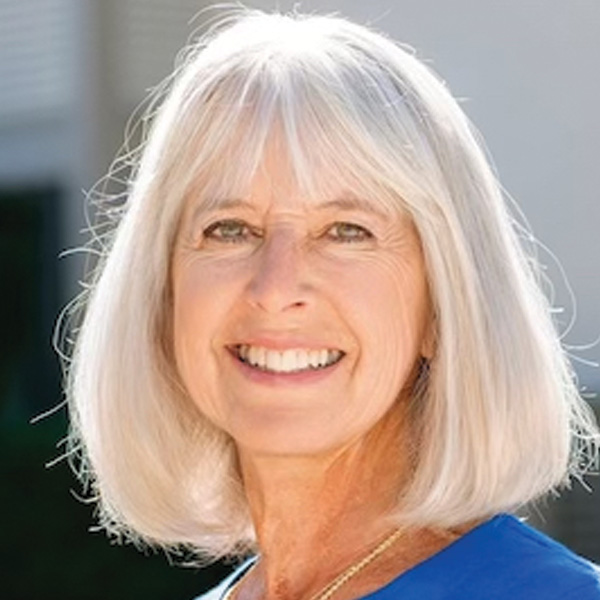by Karin Ash
STEM Graduate School SOP vs. Personal Statement: Key Differences Explained

Graduate school applicants quickly become familiar with the request to provide a statement of purpose (SOP). The SOP for graduate school programs, especially for STEM applicants, usually asks you to provide information on your motivation and preparation for the graduate program. The SOP prompt may vary from school to school, but essentially you are asked to discuss the following:
- Your academic and work experiences to date that demonstrate your interest in and preparation for the program’s graduate curriculum
- Why you are interested in this particular program
- What your career goals are

Some graduate programs ask for a personal statement or personal history statement in addition to the SOP. For this essay, the school would like you to provide a more personal account of your motivations, drives, and values, as well as how your unique background will contribute to and enrich the school’s community. Some schools ask that you describe how you have experienced diversity in your life and what you will do in the future to support equitable access in the academic environment.
These are some of the more frequent topics that appear in personal statement prompts:
- Values: Who or what influenced you in life? Who or what influenced your career path? What values guide your decision-making? How have you demonstrated your values and beliefs?
- Community enrichment: Some clients discuss their hobbies or interests that broadened their perspective and allowed exploration beyond their comfort zone, such as learning water polo or running a marathon. One of my clients wrote about how she demonstrated her Chinese heritage through her choice of music for her senior recital. The essay is an opportunity to be creative and to help the school understand who you are as a whole person, not just what you studied or what you accomplished academically as an undergraduate. It is also important to discuss how you will now enrich the academic community you are entering.
- Diversity: With this topic, it is important to write about experiences you have had with people who are different from you – whether that difference is related to race, ethnicity, gender, or socioeconomic status – and how those experiences impacted your perspective. Did you have to overcome any barriers? Have you been active in any organizations that help promote diversity? What graduate school extracurricular activities do you want to pursue that will broaden your outlook or promote equitable access to education in your field at the university and beyond?
To write this essay, I suggest thinking about the holistic you – the sum of all your parts. What made you who you are? I like working on personal statements with my clients because the process often reveals such interesting information about the client’s life. These essays allow for much more variation in how you address the prompt, as it is indeed “personal.”
Related Resources

